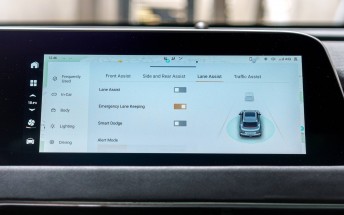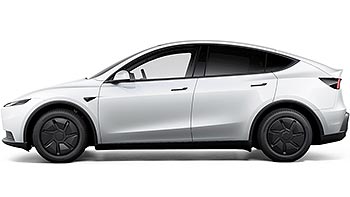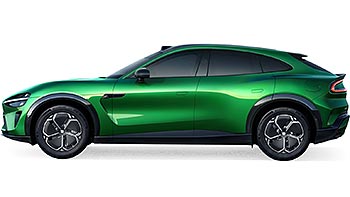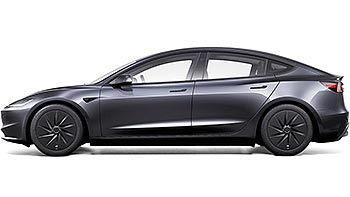Tesla Supercharger expansion stalls after team layoffs

Elon Musk's recent decision to dissolve Tesla's entire Supercharger network team has sent shockwaves through the electric vehicle community. With promises of a slower expansion pace and a shift in focus to maintaining existing stations, Tesla owners and potential EV buyers alike are left wondering what this means for the future of long-distance EV travel.
The Supercharger network, known for its speed and reliability, has been crucial to Tesla's success and a major selling point for its vehicles. This network is vital for extended trips and alleviating range anxiety, a common barrier to mass EV adoption. The decision to let go of the team responsible for the Supercharger expansion raises significant questions about how Tesla will support its growing fleet and the wider EV market.
Tesla still plans to grow the Supercharger network, just at a slower pace for new locations and more focus on 100% uptime and expansion of existing locations
— Elon Musk (@elonmusk) April 30, 2024
Initial reports indicate that Tesla has already begun abandoning leases for planned Supercharger stations in New York City. These stations were intended to ease existing congestion issues worsened by a surge in Uber drivers operating Tesla vehicles. While another company could potentially take advantage of these abandoned locations, it's still a clear setback for EV infrastructure development in a major metropolitan area.
Experts and Tesla enthusiasts alike have expressed dismay at the move. Troy Meekhof, founder of The Cybertruck Guy, voiced strong criticism, calling the disbanding of the Supercharger team a "goddamn disaster" and highlighting the network's critical role in widespread EV adoption.
Musk has attempted to reassure Tesla owners that the Supercharger network will still expand. Still, it will happen at a reduced pace. He emphasized a new priority on ensuring maximum uptime and enlarging established charging locations. However, this shift leaves many regions underserved, potentially limiting long-distance travel for Tesla owners and hindering potential EV buyers who rely on reliable charging options.

This decision coincides with Tesla's recent, less-than-stellar earnings report, making the long-term ramifications unclear. Was this move purely cost-cutting or part of an as-yet-unrevealed strategic shift?
Regardless of the reasoning, Tesla now faces an uphill battle. After such a controversial decision, the company must maintain consumer trust while addressing the ever-increasing demands of the expanding EV market.
Related
Reader comments
Nothing yet. Be the first to comment.

















